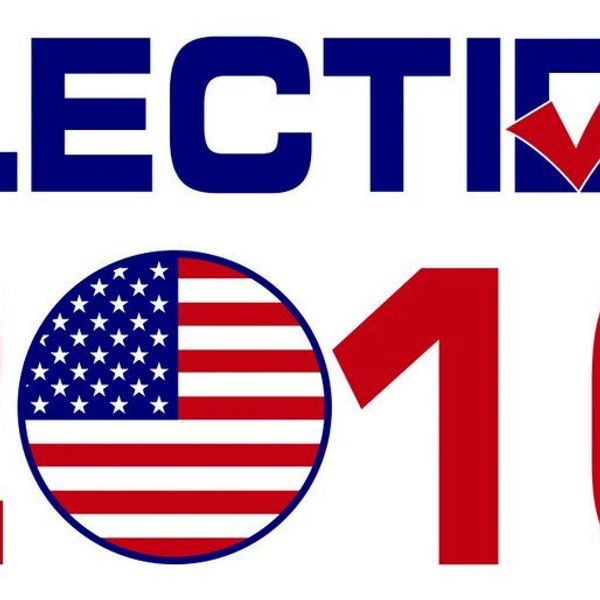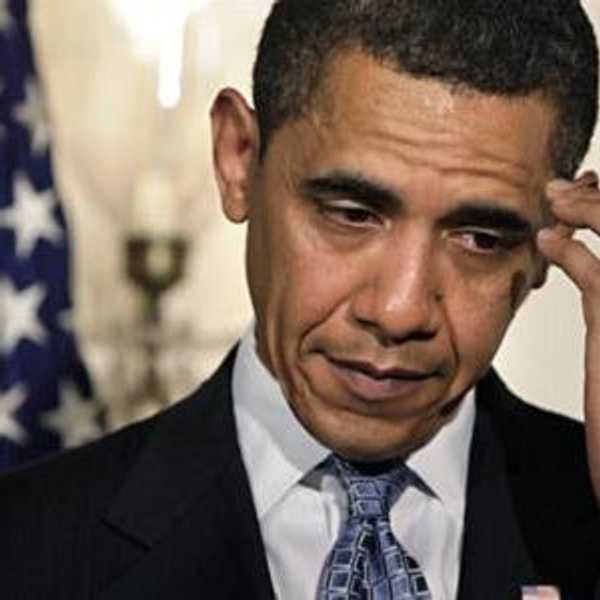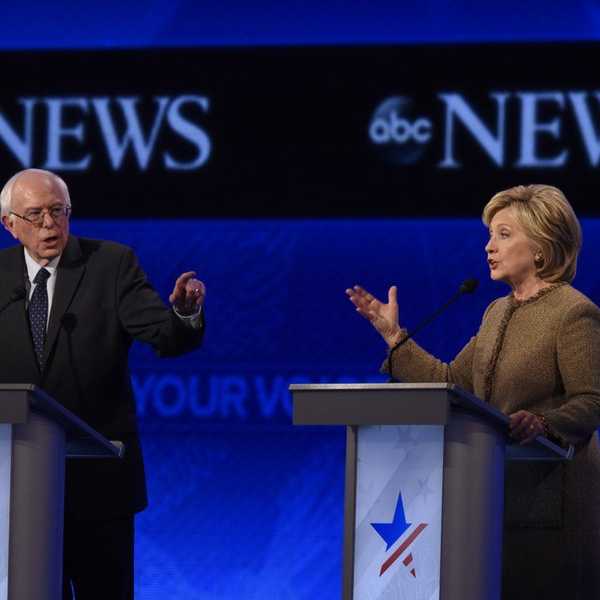The recent outcry over audio tapes of Trump detailing sexual assault and the recent accusations of sexual assault against him by several women have derailed his campaign in the final approach to election day, November 8th. While some argue the timing is too perfect for the assaults to be real, Trump has had a history of accusers stemming back years so the likelihood of the claims being false is unlikely, the timing is most assuredly controlled by the Clinton campaign. Regardless, analyst's the world over are declaring this particular event the end of the Donald and his embarrassing campaign, but is it really? Unfortunately not.
The audio tape first leaked to the general outcry of the media. Following the report, Paul Ryan announced he would no longer participate in Trump's campaign and he would focus instead on maintaining Republican seats in the Senate. This does several things for the Republican party. Primarily, it signals to Republicans in the Senate that to save their seats it is now acceptable to denounce Trump and remove a potential reason for voters in their district to side with the Democrats. It also signals to Trump that he is without the general support of the Republican party however, not rescinding the Speaker of the House's endorsement indicates they will still work with his office if elected. It is a political move at its finest, too late to really damage the campaign or to do any real influence on the voters but just enough to potentially save the Senate majority.
Sexual assault is a major issue for young voters, but for the older generation, and particularly for Trump supporters who ignore the allegations against Trump and entirely focus on Bill Clinton's accusers, it matters little. There are three main camps within the Trump voters that are not affected by these allegations. The first camp are the people who Hillary Clinton has angered over her many years of service and will never see her as a worthy presidential candidate. These voters ignore almost everything about the Trump campaign and gravitate to the most likely candidate to beat Hillary. The second camp are those that believe in the Trump campaign for president, ignoring the detrimental policy choices in favor of the rhetoric and style of Trump as a "politician". They are attracted to the charismatic and showman like appearance Trump has displayed throughout the campaign. Finally there are those who see Trump as a candidate outside of the government and voting for Trump is the biggest "fuck you" they can give to the supposed "establishment". Essentially the belief is he can't be bought and can't be as bad as what the US has already undergone. These voters are not going to move because of a sexual assault allegation and they have arguably been his major support since the beginning.
What about the Democrat camp? Well this only serves to reaffirm some of the voting groups decision that Trump is unworthy of the presidency. The Clinton campaign has not capitalized well enough on the Trump campaign mistakes during the last few debates which has not swayed independent voters much which is crucial at this point in the race. While some republicans will undoubtedly vote Democrat this round, the Clinton campaign may not be benefiting enough from the shift to win. After all there are three other candidates to worry about on the Democratic side.
Jill Stein is the Green Party candidate who is way left of center on the political spectrum which doesn't necessarily inspire many voters to switch sides when the US Democratic party falls slightly right of center. Her campaign is small and she has had several incidents of strange policy choices throughout her campaign. The likelihood of Republican voters switching to her is unlikely. She will likely receive approximately 5-7% of the vote total and will primarily sway Democratic voters.
Gary Johnson pulls strange policy choices from both sides of the spectrum granting some appeal to Republican voters vacating the Trump disaster. For more information the Rolling Stone did an impressive article on Gary Johnson and the downsides to his campaign policy views. He will likely pick up a few more voters along the way but his totals will be approximately 10-12% of the vote with a distribution between Republican and Democratic voters. Independent candidates are nearly worthless on the Federal level, most often they fail to be elected even on the local level.
Finally there is Bernie Sanders who is likely to be the major write in candidate of this election despite his request that voters not do a protest vote. While he is clearly upset that over accusations the Clinton campaign cheated, he views Donald Trump as a candidate that must be defeated for the sake of the United States. Unfortunately, his wishes will likely not sway his voter base. His voting base will most likely be approximately 5% of the vote, primarily taking away from Hillary Clinton.
While Trump's campaign is in free fall, the core voters for Trump will most likely be able to carry him into the Oval Office due to fractured voting on the Democratic side and that is the scariest possibility of this election. Trump is the worst candidate the United States has seen in a long time and will make living in the United States much more difficult. For more information The Economist, a nonpartisan economics magazine that highlights growing challenges facing the international community, wrote a detailed article about both economic plans of the two primary candidates.





















